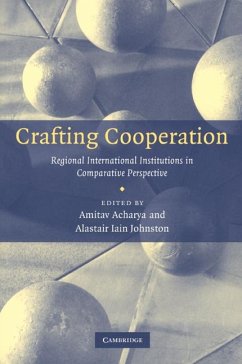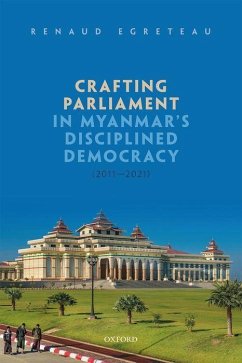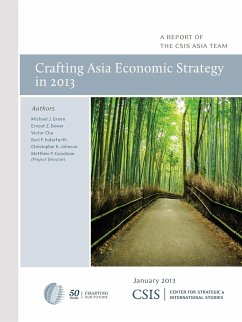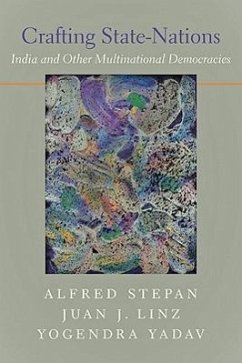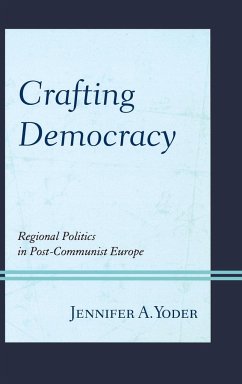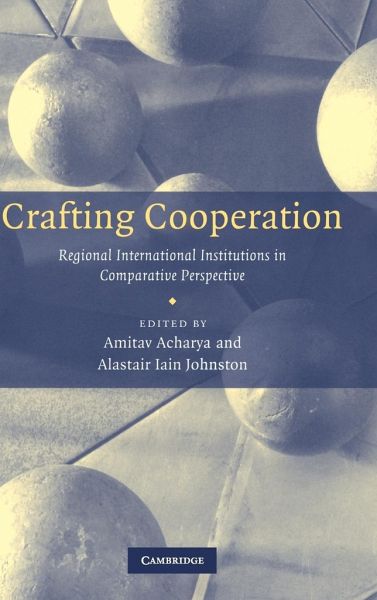
Crafting Cooperation
Versandkostenfrei!
Versandfertig in 1-2 Wochen
118,99 €
inkl. MwSt.
Weitere Ausgaben:

PAYBACK Punkte
59 °P sammeln!
Regional institutions are an increasingly prominent feature of world politics. Their characteristics and performance vary widely: some are highly legalistic and bureaucratic, while others are informal and flexible. They also differ in terms of inclusiveness, decision-making rules and commitment to the non-interference principle. This is the first book to offer a conceptual framework for comparing the design and effectiveness of regional international institutions, including the EU, NATO, ASEAN, OAS, AU and the Arab League. The case studies, by a group of leading scholars of regional institutio...
Regional institutions are an increasingly prominent feature of world politics. Their characteristics and performance vary widely: some are highly legalistic and bureaucratic, while others are informal and flexible. They also differ in terms of inclusiveness, decision-making rules and commitment to the non-interference principle. This is the first book to offer a conceptual framework for comparing the design and effectiveness of regional international institutions, including the EU, NATO, ASEAN, OAS, AU and the Arab League. The case studies, by a group of leading scholars of regional institutions, offer a rigorous, historically informed analysis of the differences and similarities in institutions across Europe, Latin America, Asia, Middle East and Africa. The chapters provide a more theoretically and empirically diverse analysis of the design and efficacy of regional institutions than heretofore available.





